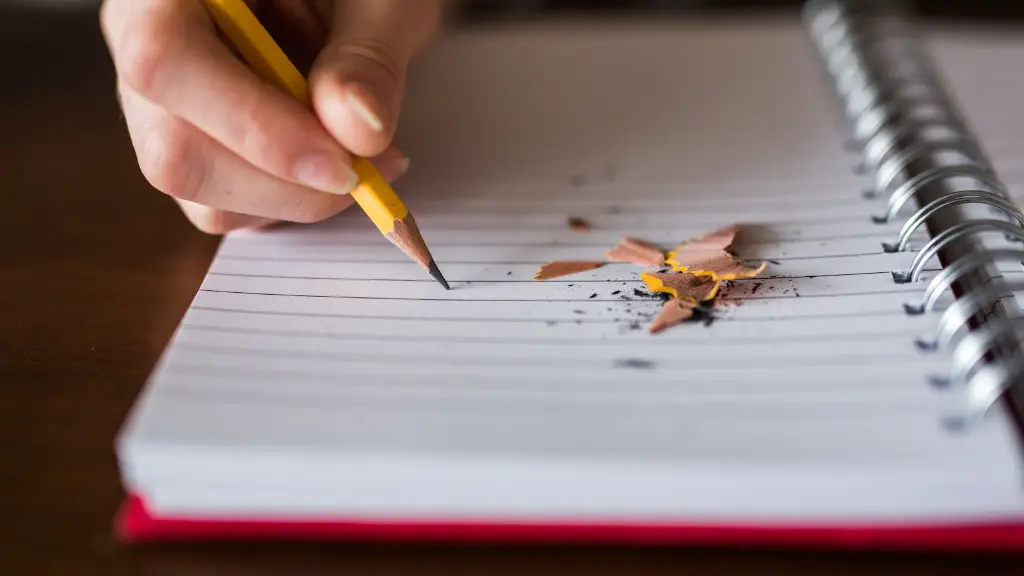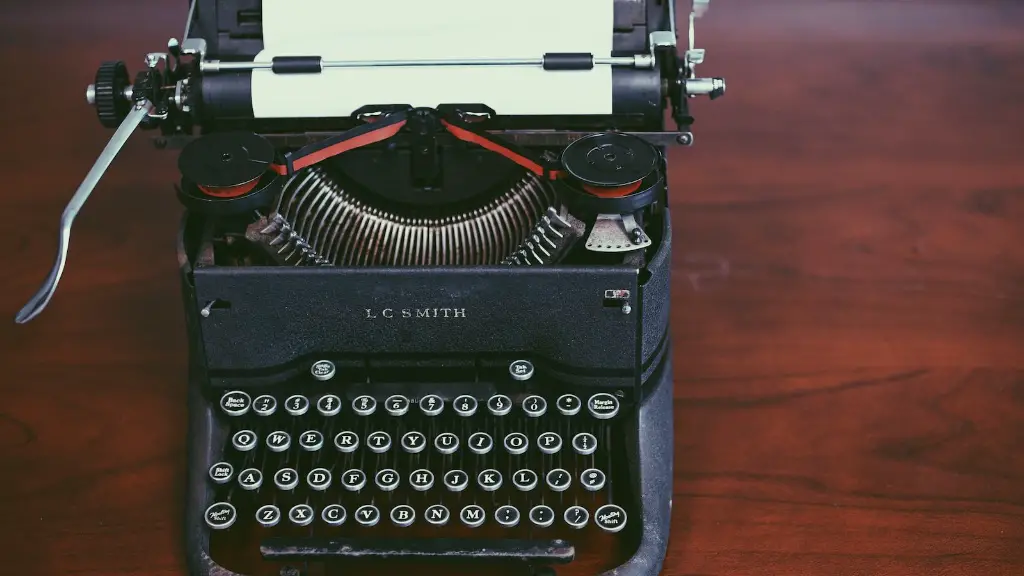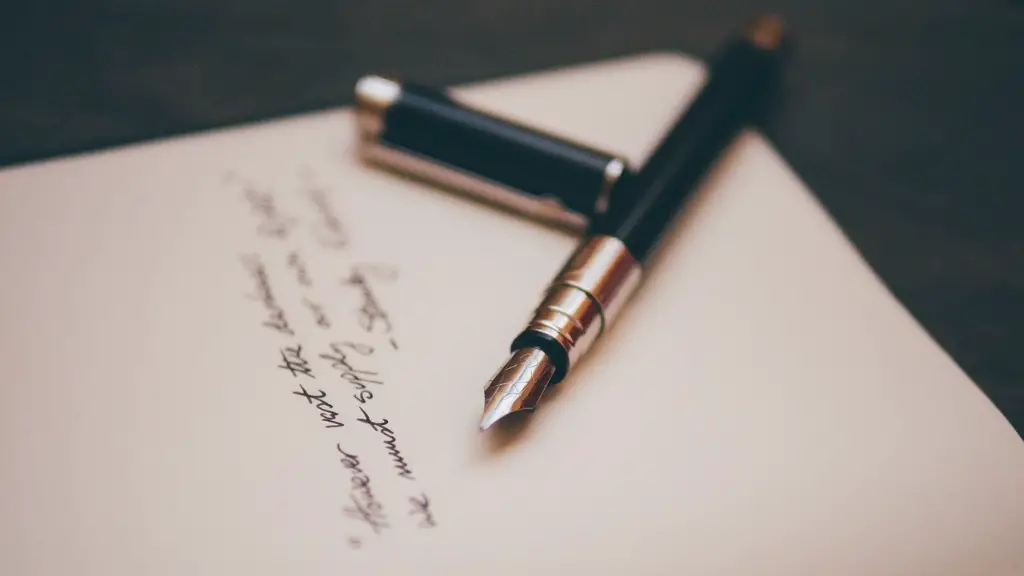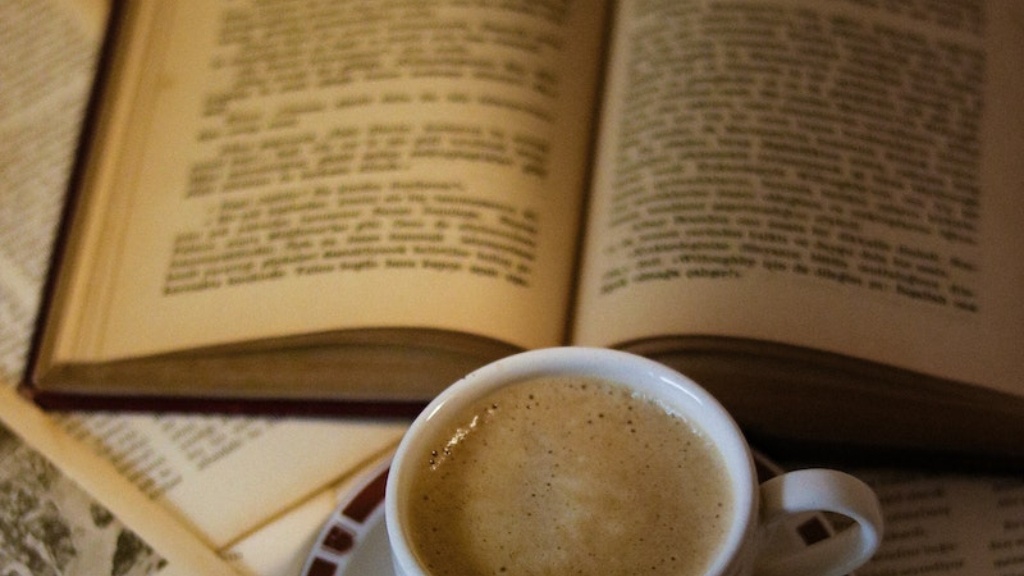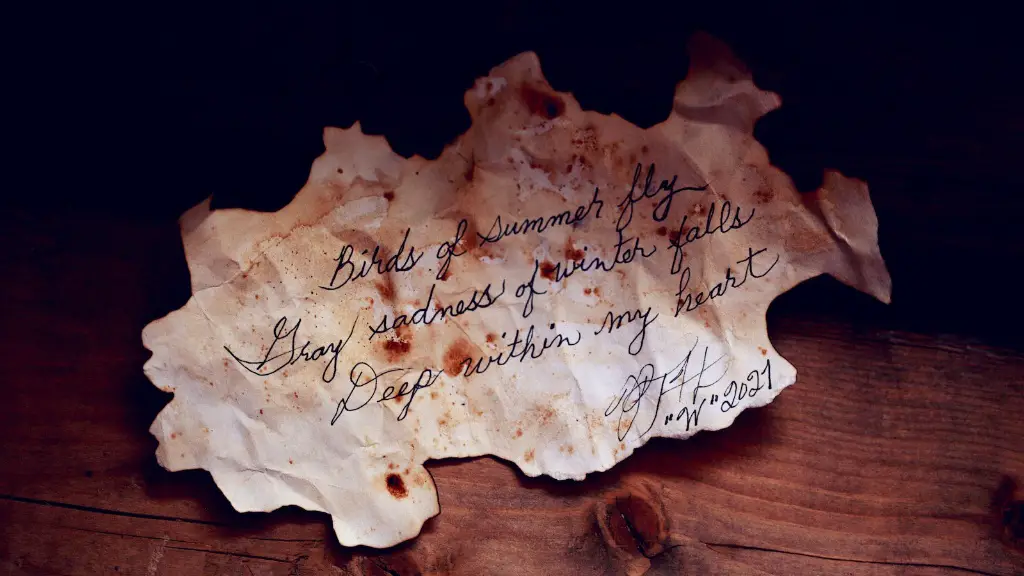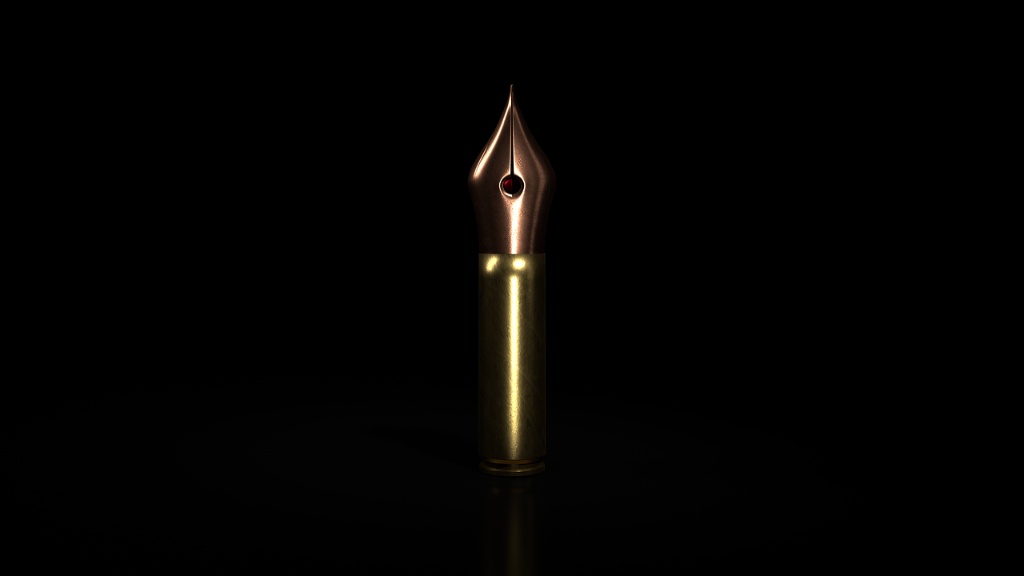Most people are familiar with reading poems, but many would be surprised to learn that there are actually several different types of poetry. Every type has its own unique style, form, and structure. In this article, you’ll learn about the different types of poetry and why each type is so special.
Poetry involves creating a sequence of words and images to convey a specific feeling or mood. It often uses a combination of sounds, special imagery, and symbols to evoke emotion or create a vivid impression. Poetic devices such as rhythm, meter, and rhyme help to create a specific effect for the reader. The history of poetry dates back to ancient times, and it has evolved into a vast array of different forms and styles.
One of the most well-known types of poetry is the sonnet. Sonnets typically follow a set rhyme scheme and 14 lines of iambic pentameter. They can be written on any topic and often use creative metaphors, similes, and allusions to make powerful points. Another popular type of poem is the ode, which focuses on a single subject and is usually longer than a sonnet. Odes can be written in any form, and they are often used to express feelings of intense joy or sorrow.
Another type of poem is the limerick, which follows a specific five-line and rhyme scheme. Limericks are generally humorous and often use absurd imagery for comic effect. They are short and focus on one particular moment or incident. The haiku is another popular form of poetry, originating in Japan. It features a strict three-line, 5-7-5 syllable structure, and often focuses on nature or the beauty of the natural world.
The villanelle is a complex 19-line form of poem built over five tercets and a quatrain. This type of poem typically follows a strict rhyme and metrical pattern, making it challenging to write. Free verse poems are those that are not organized into rhyme or meter. This type of poem relies heavily on the poet’s creativity and ability to capture moments in words.
The ballad is another popular form of poetry. Ballads are often narrative in nature, with stories that involve characters that the reader can relate to. They typically follow a strict rhyme and meter, and they can tell sorrowful tales or recount real events. Finally, there is the poetic drama, which combines elements of theatrical plays with poetry for a unique effect. This type of poem typically has characters, plots, and dialogue, as well as a traditional poetic form.
The Power of Poetry
Poetry has the power to convey emotion, evoke memories, and provide insight in a unique way. This type of writing has been used since ancient times as a means of expressing love, sadness, fear, and joy. Poetry can also be used to explain complex ideas or provide a unique perspective on a subject. Poems can be short or long and can be interpreted in many different ways by readers.
Poetry often uses imagery, rhythm, and literary devices to create a vivid and memorable experience for the reader. By using symbols, metaphors, and allusions, poets are able to make their points without being overly didactic. This type of writing can also be used to explore difficult topics or to challenge the reader’s preconceived notions.
Poems have the power to capture small moments in a unique way and to inspire others to think deeply about life. Whether it is writing a powerful sonnet or crafting a poignant free verse poem, poetry has the potential to touch people in a profound way.
Uses of Poetry
Poetry is used in a variety of ways in the modern world. The power of the written word has helped to inspire social change and to spread powerful messages. Many poets have used their work to draw attention to important issues and to help create a more just and equitable society.
Poetry is also used in literature, music, and art. Song lyrics often draw on poetic devices to create a more powerful emotional effect. Poetry can also be used in speeches and lectures to emphasize important points. Finally, poems can be used as writing prompts for creative writing.
The Unique Language of Poetry
The language of poetry is unique, as it is able to intricately combine words to convey a powerful emotion or thought in a short and succinct form. Poetic language can be used to create a vivid picture in the reader’s mind and to evoke powerful emotions. Poems can be written from different perspectives and in a variety of styles, allowing the poet to express their views in a unique and powerful way.
The language of poetry is often more precise than everyday language and can be used to communicate complex ideas in a succinct form. Poets are able to use metaphors and symbols to create a deeper level of meaning in their work. By using creative language, poets are able to convey their ideas in a direct yet powerful way.
The Role of Poetry in Education
Poetry has an important role in education. The ability to interpret, analyze, and create poetry can help people to better understand the complexities of language and to develop or enhance their writing skills. Poems can also provide a unique insight into the world and allow the reader to see things from different perspectives.
By reading and writing poetry, students can learn about different styles, forms, and techniques. They are also able to develop their own unique and creative voice, as well as learn about other cultures and ways of life. Poetry can provide a unique way for students to explore and express their own thoughts and ideas.
The Importance of Poetry
Poetry has the power to bring people together and to provide insight into the human experience. It is an important form of self-expression and can provide a way for people to better understand their emotions and the feelings of others.
By exploring the different types of poetry and all the different forms, you can gain an appreciation of the power and beauty of language. Poetry can be used to express a wide range of emotions and ideas, and it can help to create a sense of understanding and empathy between people. This is one of the reasons why poetry is so important and continues to play an important role in our lives.
How to Write Poetry
Writing poetry is not easy, but anyone can learn how to do it. Begin by reading poetry to understand the different poetic techniques and forms. Study the work of some of the greatest poets to gain an understanding of their techniques and styles. Then start writing your own poems. Don’t be afraid to take risks and try new styles.
Practice is key when learning how to write poetry. Read your work out loud and experiment with different forms and techniques. Get feedback from friends and family and think about every decision you make when writing a poem. This can help you refine your writing and make it stronger.
Writing poetry can be a great way to express yourself and explore your creativity. With practice, you can learn to craft powerful poems that speak to you and the people around you.
The Benefits of Reading Poetry
Reading poetry can be a great way to gain insight into the human experience and to broaden one’s point of view. Whether you are reading the works of a classic poet or trying something new, reading poetry can be a great way to learn about different cultures, authors’ experiences, and life in general.
Reading poetry can also help you to better understand your own emotions by connecting with the emotions of the poet. Poetry can have a profound effect on the reader. When you read a poem that speaks to you, it can help to create a deeper understanding of the world around you and to become more thoughtful and aware of the issues in our society today.
Reading poetry is a great way to relax and to express yourself. Take the time to explore different forms, styles, and authors and find those works that speak to you. Reading poetry can truly be an enlightening and life-affirming experience.
Conclusion
Poetry plays an important role in our lives, as it provides a unique way to express emotions and ideas. There are many different types of poetry, each with their own unique style and form. Poetry can be used to provide insight into the human experience and to create a sense of understanding and connection. Whether you are reading or writing poetry, it can be a great way to explore the power of language and to gain a deeper understanding of life.
